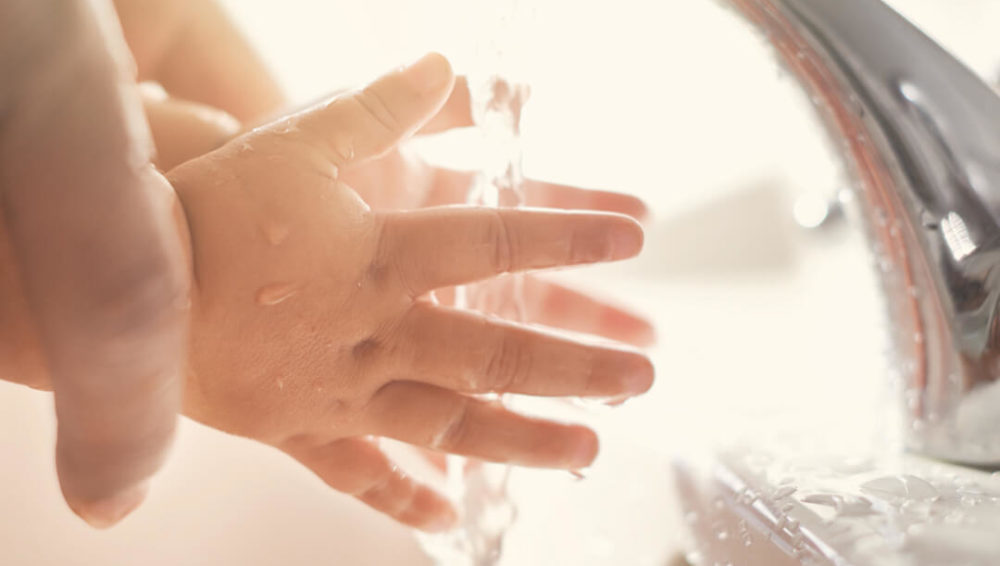Keep your newborn safe from germs and viruses
Looking Forward

Newborns don’t have adequate immunity against viruses and bacteria that can cause illness. To protect your newborn practice social distancing and make sure anyone who touches little Your Child, does so with clean hands.
It’s impossible to protect your child from all the germs and fact is, a bit of exposure to bacteria helps Your Child build a strong immune system that the little one will have throughout life. But, during the first few months, we need to be careful.
Here are some ways to reduce the risk of Your Child getting sick
Handwashing: Make sure you always wash your hands before picking up Your Child after changing diapers, and after using the bathroom. You should also insist that anyone who wants to hold Your Child meets the same standards. For outings bring a hand sanitizer. When Your Child gets the little hands dirty, make sure you clean them as well – from month 2-3, Your Child likes to put them into the mouth.
Make sure visitors are healthy: Tell visitors to stay away from Your Child if they are sick. If you aren’t sure, or if you just don’t want Your Child to be touched, don’t be afraid to just say that your doctor told you the baby shouldn’t be touched. You may also want to check the temperature of people visiting.
Follow the vaccination schedule: One of the most important ways of protecting Your Child from contracting other people’s illnesses is to make sure the little one gets all the necessary vaccines. Additional protection is guaranteed if parents and other caregivers are also up-to-date on their immunizations.
Breastfeed your newborn: Breast milk contains certain antibodies that can boost your child’s immunity. This gives Your Child extra protection. These benefits are especially strong during the first 4 months, but continue to last while you are nursing and even after.
Managing clean feeding: Always dispose of any leftovers, whether you’re breastfeeding or formula feeding. Make sure you sterilize anything that goes into Your Child’s mouth, such as pacifiers or bottles.
Avoid crowds: When you’re on an outing with Your Child, it can be difficult to prevent people from wanting to touch Your Child. Try to avoid large crowds as there will be higher chances of coming in contact with a virus.
Be careful with pets: Even though exposure to pets early in life can help prevent allergies and asthma, an animals’ mouth is full of bacteria that can be harmful to Your Child. Always make sure that there’s no direct contact with your pets’ mouths, and always wash Your Child’s hands after playtime. Keep litter boxes in places that your baby can’t access.



